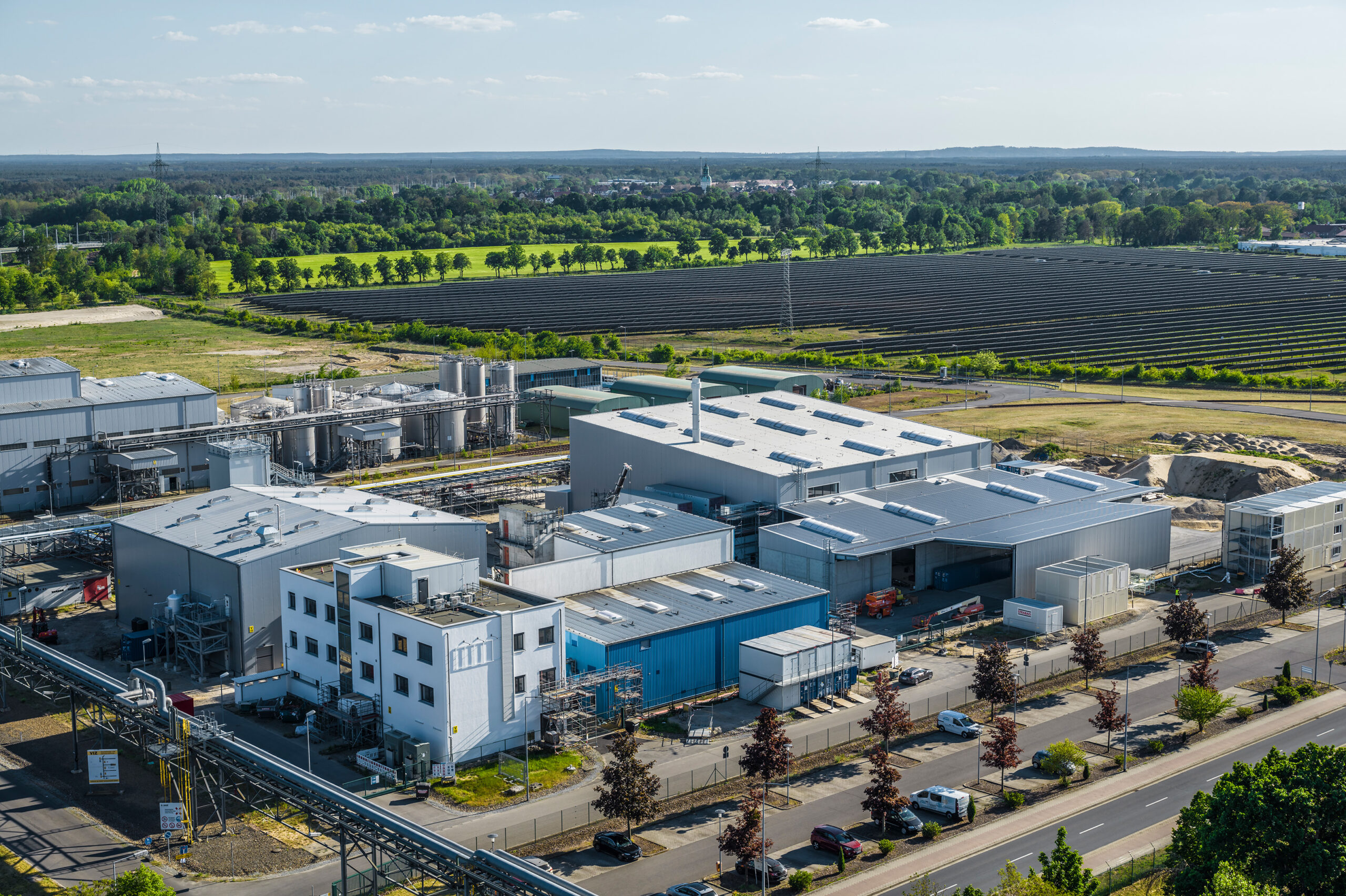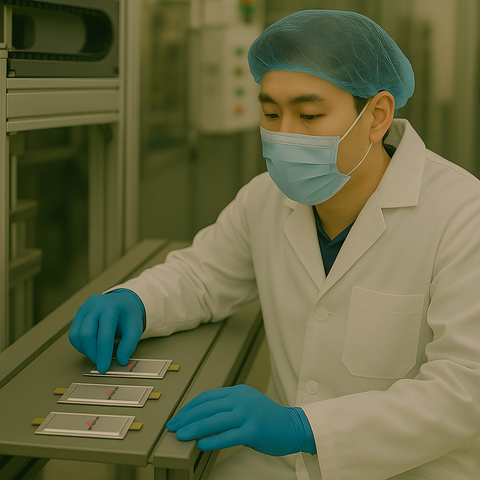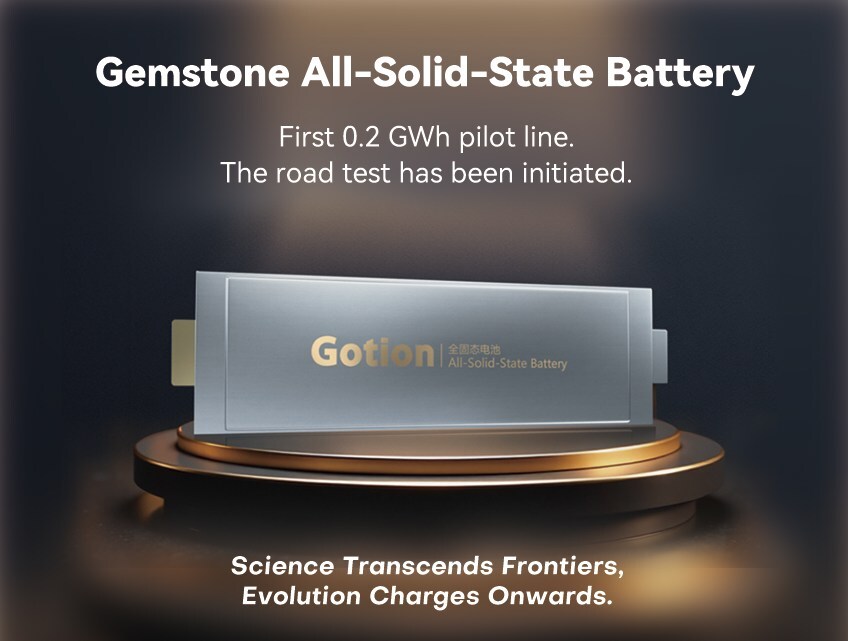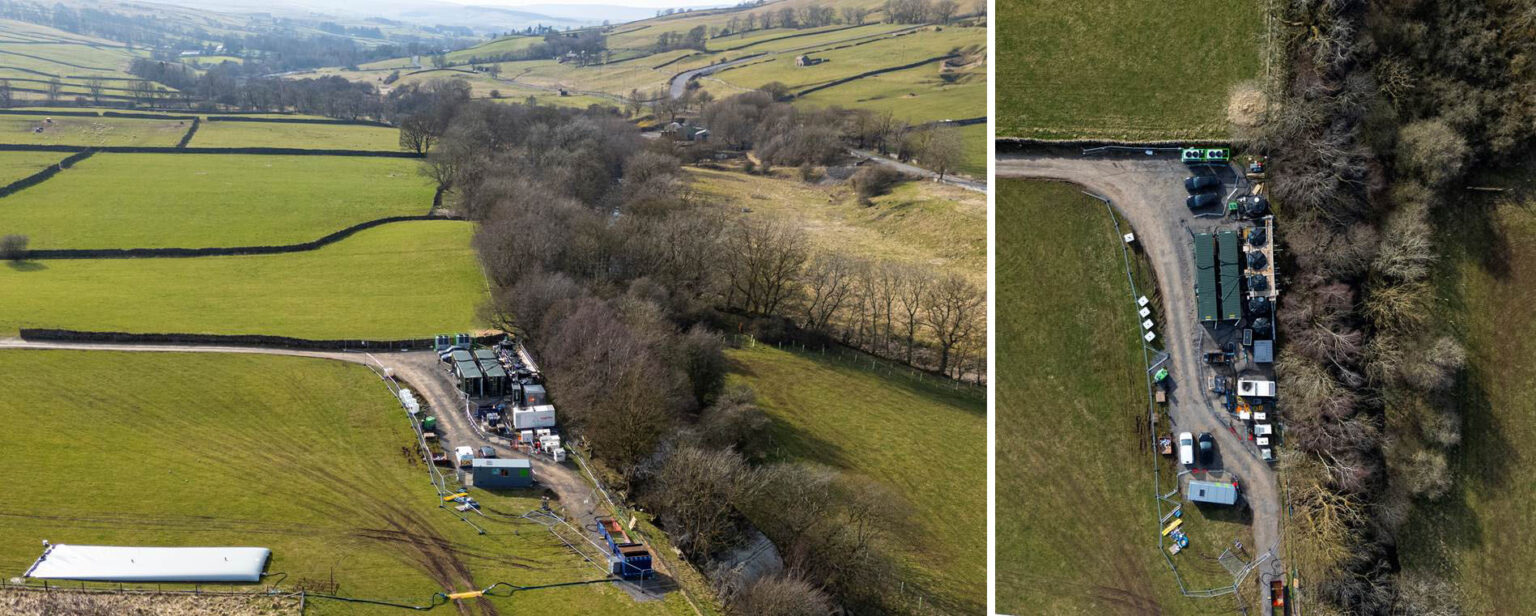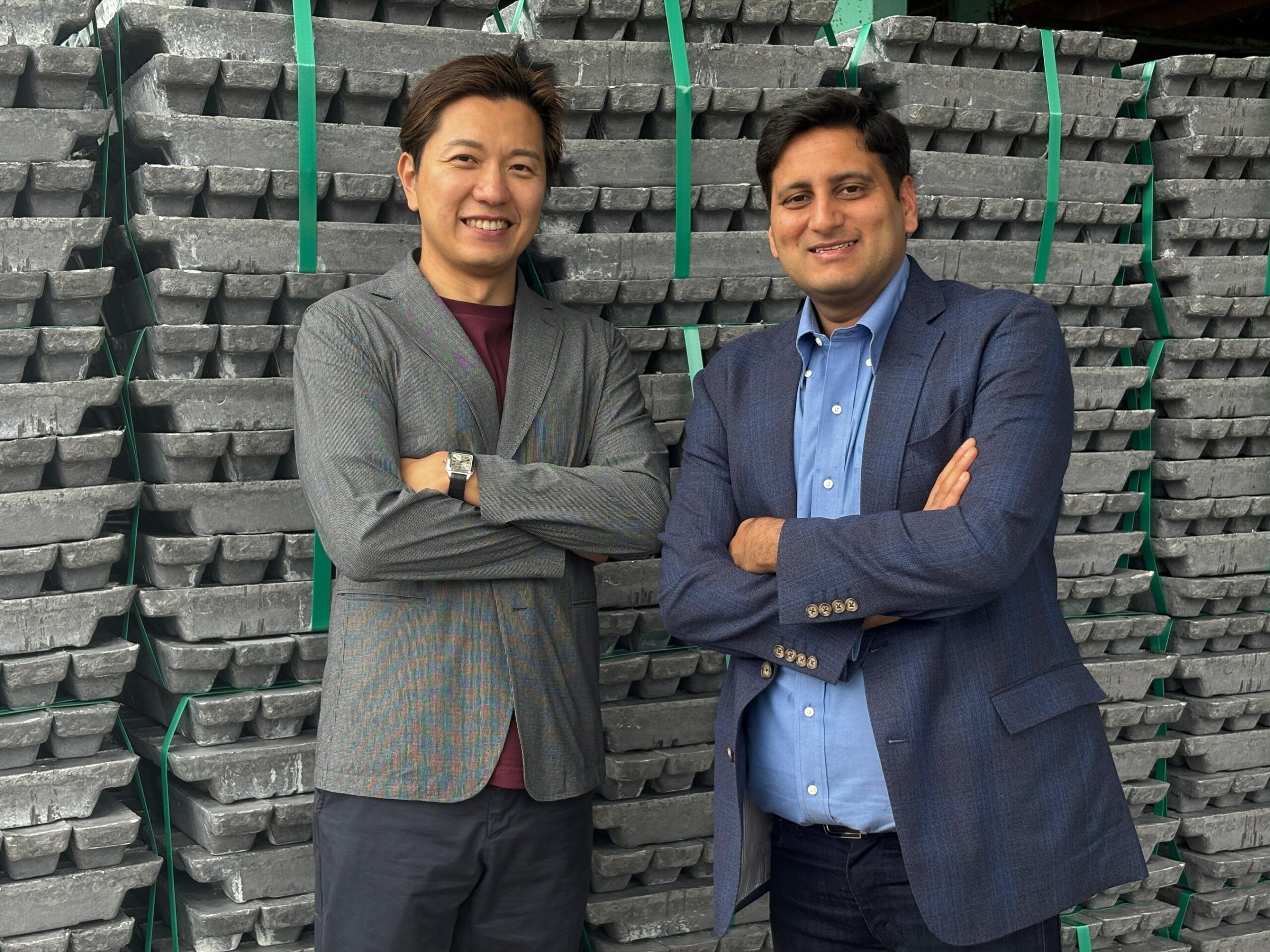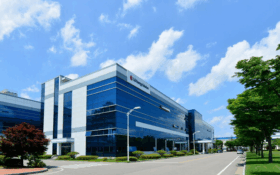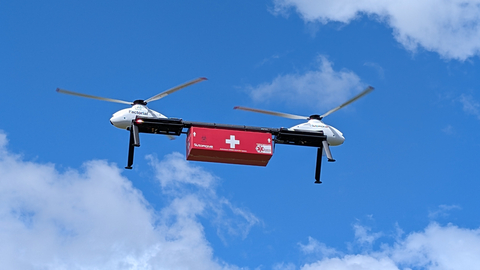BASF, the battery materials company, has announced the start of commercial operations for its Black Mass plant for battery recycling in Germany.
The plant, which is located in Schwarzheide, is said to have an annual processing capacity of 15,000 tons of end-of-life lithium-ion batteries and production scrap. This equals to roughly 40,000 electric vehicle (EV) batteries a year.
This is said to make it one of the biggest commercial black mass plants in Europe.
Battery recycling and black mass production- which is based on the mechanical treatment of batteries- is seen as vital for independence from primary raw material sources and meeting circular economy policies.
A high number of key metals for cathode active material (CAM) are in black mass, including lithium, nickel, cobalt and manganese. These metals can be chemically recovered and used to produce new CAM.
The firm said its offering in Europe now covers all steps along the battery recycling value chain, including the collection of materials for recycling, discharging and dismantling, as well as black mass production and refining.
In Schwarzheide, the company also operates what it claims is Europe’s first fully automated CAM production.
Dr. Daniel Schönfelder, president of battery materials division, BASF, said: “Our new Black Mass plant is another proof for our commitment to the Battery Materials and Recycling industry, which remains to be one of the most significant growth opportunities in the chemical industry and for BASF Battery Materials. It will become a cornerstone of our offerings to our customers to increase raw materials self-sufficiency and comply with the EU Battery Regulation.”
Image: BASF’s production unit in Schwarzheide. Credit: BASF.

